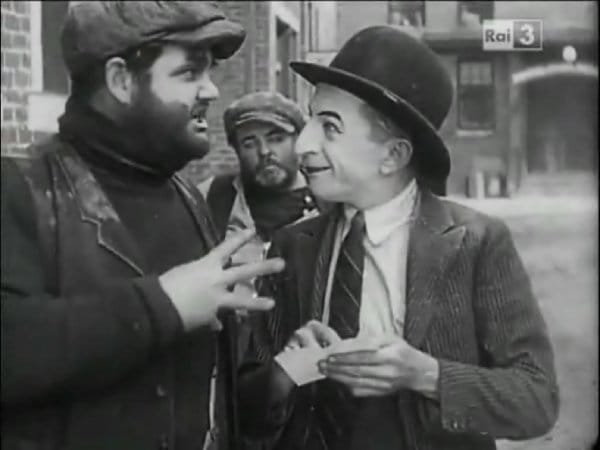

One problem that arises from overtly subjective narration is that the whole work loses credibility. Didactic narration, however, invokes distrust and even a sense of betrayal, by leaving no room for the reader’s own interpretation. Guidance through a story inspires the reader to willingly re-examine his or her own understanding of the world, and perhaps learn something new.

While objectivity in literature is inherently impossible-writers write because they have something to say-subtle subjectivity is the art of the craft. (More than once I had to ask my Jewish partner what words meant, and he then often had to ask his grandmother.) The narrator also tends to use terms that most non-Jewish readers won’t understand. Seemingly out of nowhere appear pronunciations like “The survival of Judaism was at stake,” or “The light of Judaism is fading with each subsequent generation,” while the story’s overall tone is moralistic. The problem is that the narrator, too, seems fundamentally religious, describing direct involvement of God in earthly matters without critical separation. Most readers, I think, could find a religious character to be convincing, compelling, and fascinating to get to know. The problem with these comparisons is not that the character’s perception of them is borderline ridiculous. There were similarities between the and the Orthodox Jews… wore uniforms and wore long beards and so did religious Jews.” Similarly, he compares strippers to Orthodox Jews, Quebec Hydro to God, his building’s plumbing to the Dead Sea, an electrical bill to the Temple of Jerusalem, and owner’s manuals for cell phones to the Torah, which he sees as a manual to the world. For example: “An observation suddenly struck him. The analogies he perceives as a result of his religious outlook, however, are sometimes more than a bit of a stretch.

The linchpin central to Gershon’s handling of these issues, and to his complete understanding of the world, is religion. The issues Gershon faces, meanwhile, are well-developed and complex, and include family obligations, dealings with conniving tenants, and attitudes on Israel. The goings-on in this building provide seemingly realistic insight into the world of the garment industry, and link well to the history of Montreal, to political issues in Quebec, and especially to Orthodox Jewish traditions and beliefs. This story centres on Gershon, an Orthdox Jew and rent collector at his father’s building, 99 Chabanel. Glen Rotchin’s novel, The Rent Collector. Vehicule Press $19.95 paper 228pp 1-55065-195-1The tattered and bedraggled Montreal shmatte (rag or garment) business is the material of choice for B.


 0 kommentar(er)
0 kommentar(er)
